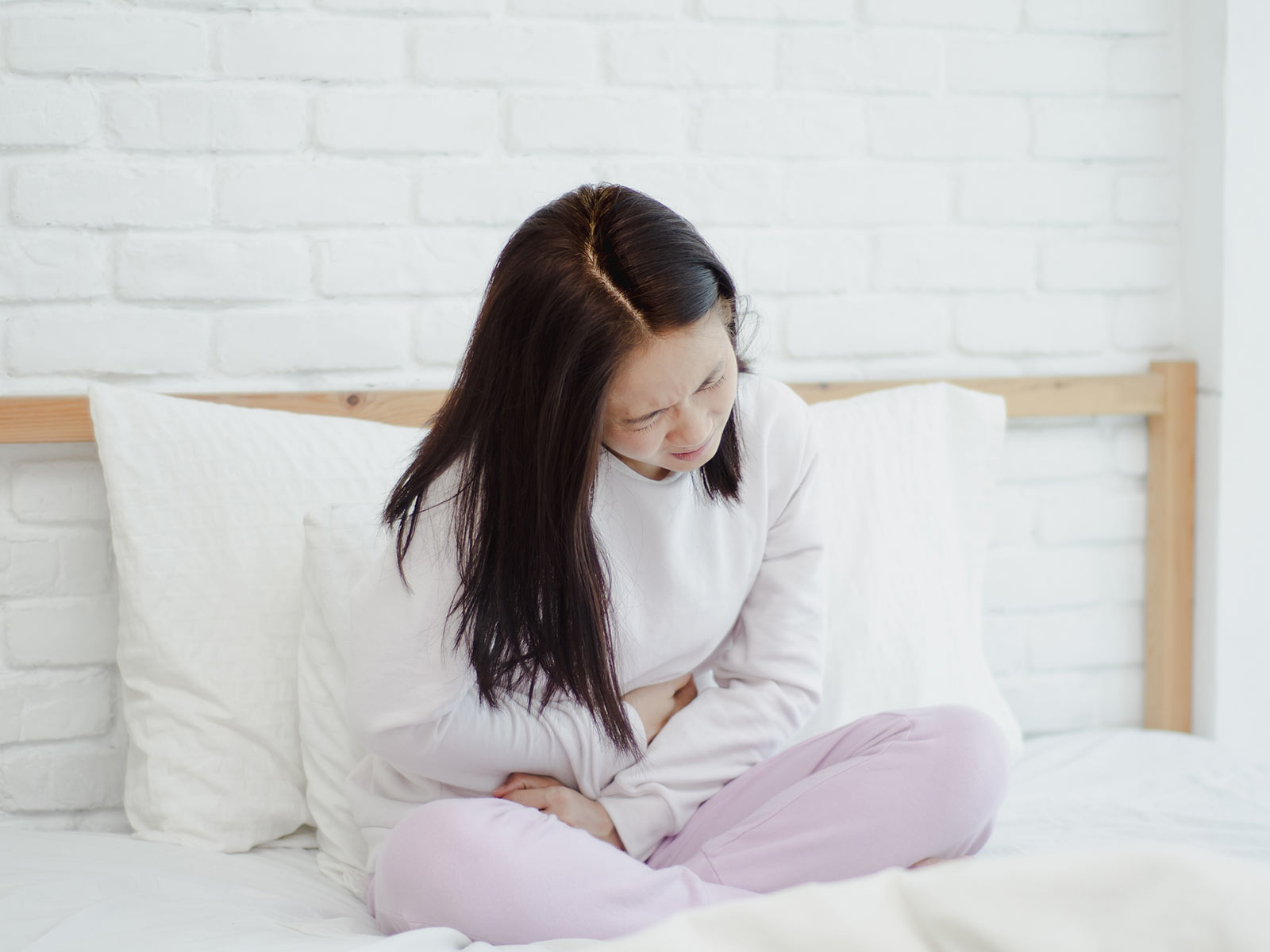
Diverticulitis occurs when small pouches (diverticula) in the wall of your colon become inflamed or infected. These pouches develop over time as the colon wall weakens. Mild cases may improve with rest, clear fluids, and dietary changes, but more severe pain or fever should prompt a visit to a gastroenterologist in Houston.
Symptoms of a diverticulitis flare-up can appear suddenly and may include:
Several factors can trigger diverticulitis or increase your risk of flare-ups:
At GastroDoxs in Houston, our board-certified gastroenterologists combine state-of-the-art diagnostics, personalized diet and lifestyle guidance, and compassionate follow-up care to help you manage diverticulitis effectively. Schedule your appointment today and start on the path to lasting relief and better digestive health.
We've successfully treated more than 1.7K patients, helping individuals improve their digestive health and overall well-being through expert, personalized care.
With over 20 years of experience, GastroDoxs has been a trusted provider of gastroenterology care, focusing on delivering the best outcomes for patients
Mild cases often improve with rest, clear fluids, and dietary changes. However, if pain or fever worsens or symptoms persist beyond a few days, you should consult a gastroenterologist.
Common side effects include gas and bloating. To minimize discomfort, start with a small dose, increase gradually, and always discuss use with your doctor first.
Yes. Chronic stress can disrupt the balance of gut bacteria and may increase inflammation, making you more prone to diverticulitis flare-ups.
A CT scan is recommended if you experience severe abdominal pain, fever, or signs of complications (such as abscess or perforation). It helps confirm diagnosis and guide treatment.
Yes. Excessive alcohol can irritate the colon lining and contribute to inflammation, increasing the risk of diverticulitis flare-ups.
Absolutely. During your visit, your doctor can review and explain CT scan images to show diverticula or any complications present.
Yes. We provide a detailed, printable guide listing foods to avoid-such as nuts, seeds, popcorn, and other high-residue items-to help prevent flare-ups.
Probiotics may support gut health by balancing intestinal flora. Some studies suggest benefits, but discuss appropriate strains and dosages with your physician.
Common flare-up symptoms include lower-left abdominal pain, fever or chills, nausea, vomiting, constipation or diarrhea, and bloating or excessive gas.
Flare-ups are often triggered by a combination of factors: low-fiber diet, certain foods, alcohol consumption, and chronic stress. Each patient's triggers may vary.